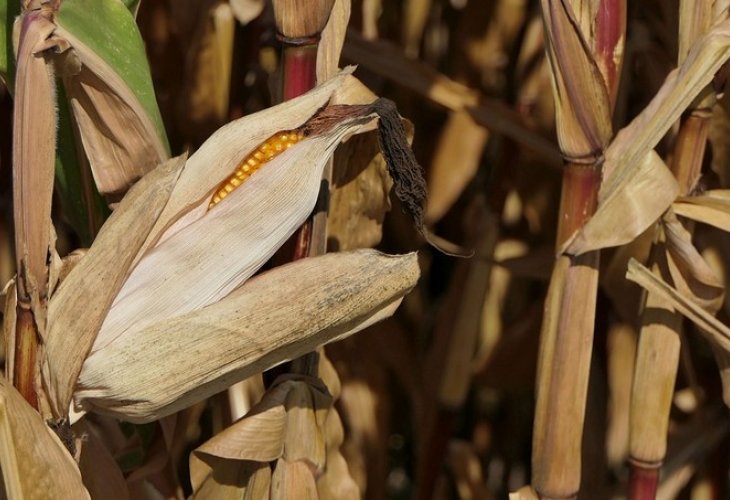Five Surprising Facts About Corn That Might Make You Eat Less of It
Recent studies highlight some concerning long-term health effects of corn. What should you be cautious about?

Corn is a favorite among both children and adults and is marketed globally in massive quantities. It's incredibly popular because it serves as the base for a multitude of products like coatings for fried foods, sauces, peanut butter, and more. However, studies examining its long-term effects on our health have returned rather disappointing results.
As people who value our traditions and dietary considerations, we are required to be mindful of what we consume, not just from a religious standpoint but also a health one. When eaten wisely and in moderation, corn is no more harmful than other foods. But, according to Dr. Joseph Mercola, the amount really counts.
He points out that corn falls short nutritionally compared to other grains. Why? It might have to do with its genetic engineering and high levels of starch and sugar—but that's just a small concern when considering all the facts about it.
Fact One - Protein and Gluten Confusion
Few people are aware that many experience an unusual phenomenon when they consume corn: our bodies sometimes confuse the protein in corn with gluten, assigning them similar properties. This can lead to increased sensitivity in the digestive system, and symptoms like bloating and gas, as the high starch content breaks down in the colon producing gas.
Fact Two - Fiber Overload Warning
While corn is a good source of fiber and other nutrients that can help cleanse toxins from our body, consuming too much fiber can wreak havoc on your stomach, resulting in indigestion, irritation to the intestines, and diarrhea. Research has shown that cellulose fibers in corn are not easily digestible.
Fact Three - Allergic Reactions
Overconsumption of corn might lead to allergies, presenting symptoms such as skin rashes, swelling in various parts of the body, and vomiting. Doctors indicate that 80% of corn in the U.S. is genetically modified, making it tough to digest and a potential allergen that could trigger severe asthma attacks and anaphylaxis.
According to the Ministry of Health website, an anaphylactic reaction is a quick, life-threatening allergic response that can occur, especially in those with existing allergies. It causes two or more body systems to become overactive, which can be even more dangerous for those with heart disease, asthma, or mast cell disorders like mastocytosis.
Fact Four - The Corn and Pesticide Connection
While many of us consider corn a natural grain, especially when eating it off the cob, the additives used in its production process make it anything but. Farmers add Bacillus Thuringiensis, a bacterium used as a strong and effective insecticide.
This bacterium is employed to deal with a significant insect invasion and requires powerful agents to kill them. Yet, remnants of this bacterium can remain on the corn, possibly entering our digestive systems and causing havoc.
Fact Five - Steer Clear of Corn Diets
Studies on various diets globally have shown a direct link between 'corn diets' and the development of osteoporosis due to corn’s lack of calcium. Osteoporosis is a condition characterized by bone thinning due to calcium loss, rendering bones more susceptible to fractures.
Luckily, corn diets aren't very popular. However, like other restrictive diets that eliminate major food groups and rely solely on one ingredient, there is a significant risk of developing illnesses like osteoporosis—often called 'the silent disease' because it progresses silently without pain. It may take years before bone fractures, especially in the spine, are discovered.

